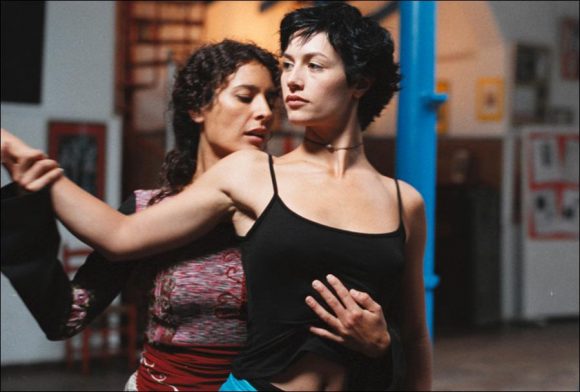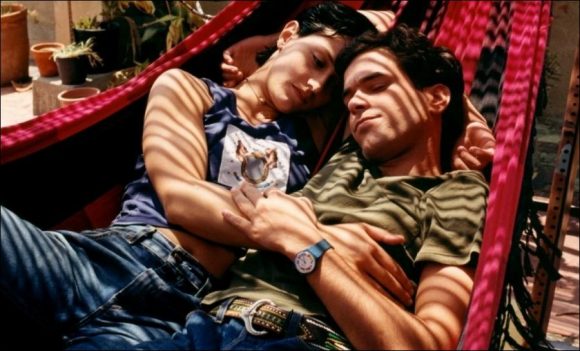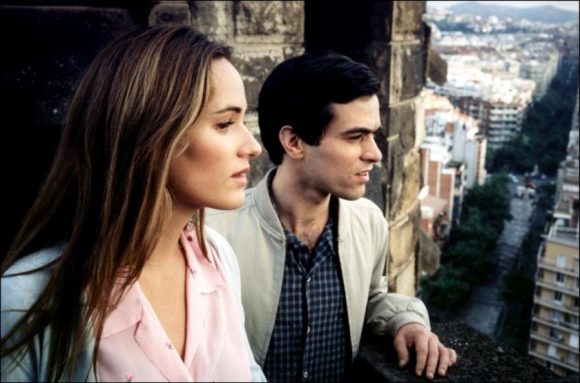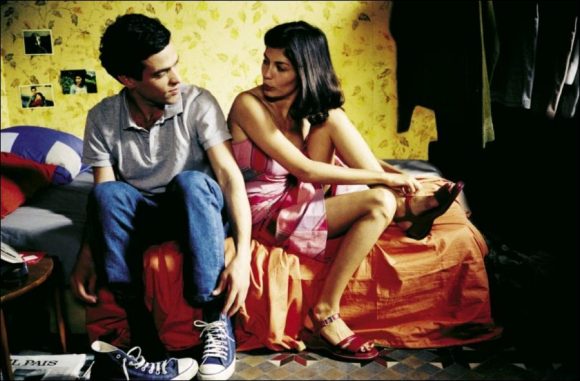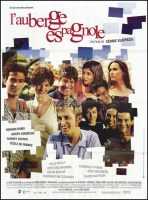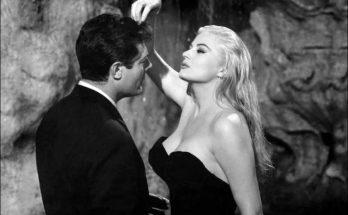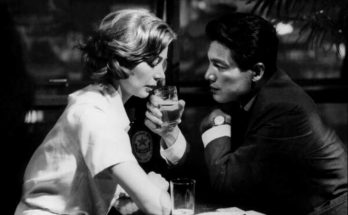L’Auberge Espagnole, a French-Spanish co-production, directed by Cedric Klapisch in 2002, is a romantic comedy about the imaginary Xavier’s Erasmus journey and his own personal showdown. However, along with many other features, the cast full of synergy and intelligence created by the cast puts the film in a different position from its peers. After being admired by the audience, the two sequels, ‘Les poupees russes 2005 in 2005 and‘ Casse-tête chinois ında in 2013, and the point of the story, tell much more than just a simple Erasmus adventure.
As a result of a job interview arranged by his father, Xavier learns that he should go to Spain and get information about the Spanish market. Leaving his family and girlfriend behind him, Xavier reveals that he was in search of his first encounter with the audience; questions go on in mind and try to make sense of some simple ‘definitions‘. Xavier, who wants to be a writer when he grows up as a child, takes a photograph of his childhood and he witnesses Xavier’s troubles in search of identity.
The search for identity of our main character becomes even more complicated when he sets foot in Spain, because a new city means a new life; street names, traffic rules, people’s behavior, everything is reshaped from scratch. Xavier, who meets new people in search of a home, will change completely when he visits a student apartment, which is called Spanish Pension by the inhabitants. The Spanish Pension, where six friends from different countries stay together, looks like a mini European Union community across Xavier and breathes the peaceful atmosphere of differences, Xavier will try to find his identity in this peaceful and warm home.
Although the Erasmus experience, which is a student exchange program between countries, contains many materials, there are not many films about this program in cinema. Ub Lauberge Espagnole acak is a film that will be met with great interest in this respect. Moreover, it is a very mature way of digesting the ‘Erasmus event, and tells it in all its lines and philosophical aspects.
The alienation of human beings and then the reconstruction of all the old rules by re-building itself, under the umbrella of Erasmus is very cleverly explained. As a former Erasmus student, it is noteworthy that he depicts the film’s story in parallel with life itself, not with bold extravagant lines.
The second thing that attracts attention in Cedric Klapisch’s Spanish Pension is the characters that you want to watch the second film as soon as you wonder what happened to them. Although each person is from a different country, no one in the Spanish Pension is the representative character of his own country, and that is why they are all happy. In this sense, the British character in the film summarizes the world very well except for Wendy’s brother Erasmus who came to visit him.
Wendy’s brother makes the Nazi analogy of the German character, imitating the Spanish character when he talks to the Spanish character, and imitating all the other characters about their country. Because in all societies except cosmopolitan environments such as the Erasmus program, people pass people through a series of filtering, such as Wendy’s sister; In the Pansiyon Spanish Pension ecek, where only ‘enjoyment an can be enjoyed from country, language, religion, race and similar differences, director Cedric Klapisch makes his strongest criticism in this direction and shows that the self-discovery of his main character can only take place in such a place.
With the warm side stories, sympathetic characters and the easy-to-adapt Xavier “L’Auberge Espagnole” sequels, where you can’t understand how time will pass, life itself creates a portrait and the rest of this peaceful community of friends is left to watch. The film is shared by leading actors Romain Durie, Audrey Tautou, Cecile de France and Kelly Reilly.
L’Auberge Espagnole (2003)
Directed by: Cédric Klapisch
Starring: Romain Duris, Cecile De France, Judith Godriche, Audrey Tautou, Kelly Reilly, Xavier De Guillebon, Kevin Bishop, Federico D’Anna, Christian Pagh, Cristina Brondo
Screenplay by: Cédric Klapisch
Production Design by: François Emmanuelli, Victoria Borrás
Cinematography by: Dominique Colin
Costume Design by: Anne Schotte
Makeup Department: Manuela Taco
Music by: Ardag, Loïc Dury, Cyril Moisson
MPAA Rating: R for language and sexual content.
Distributed by: Fox Searchlight Pictures
Release Date: June 20, 2003
Views: 888
